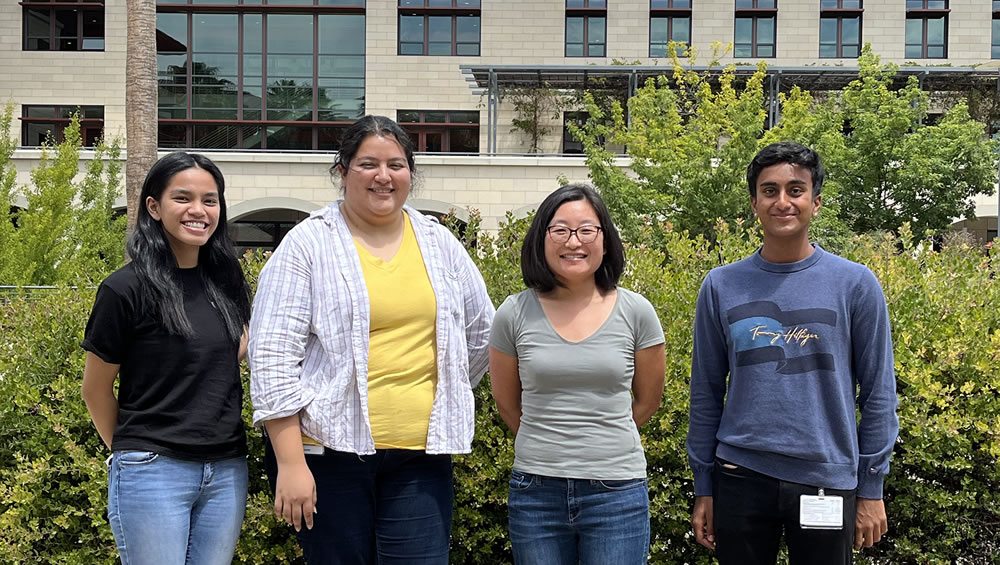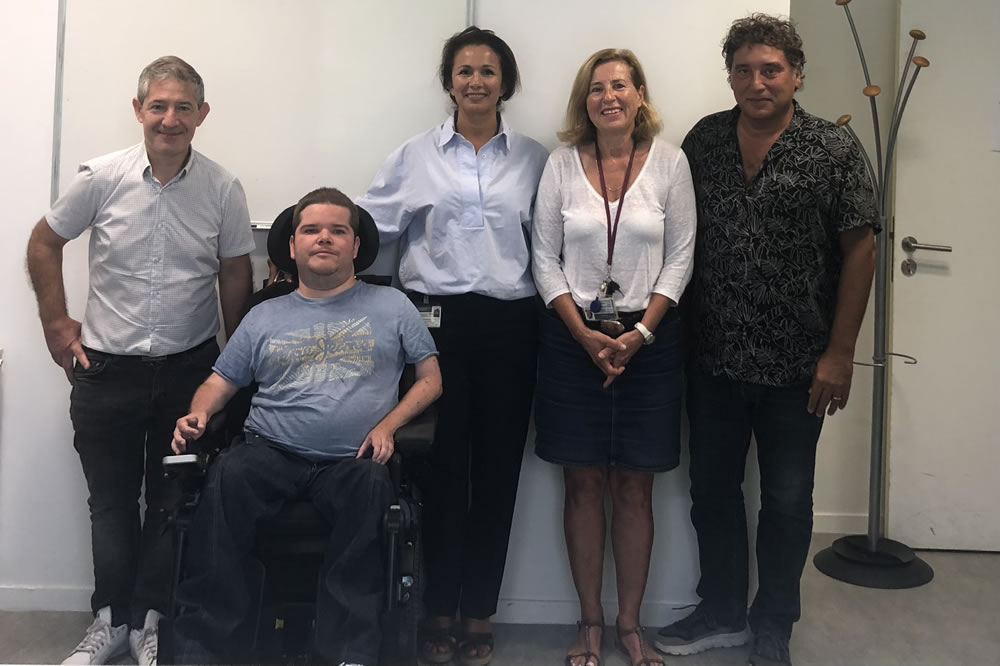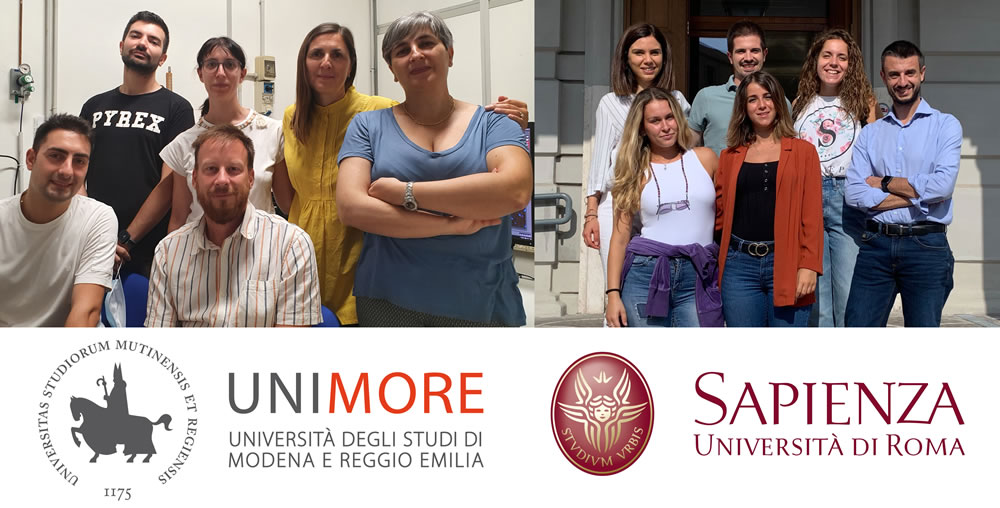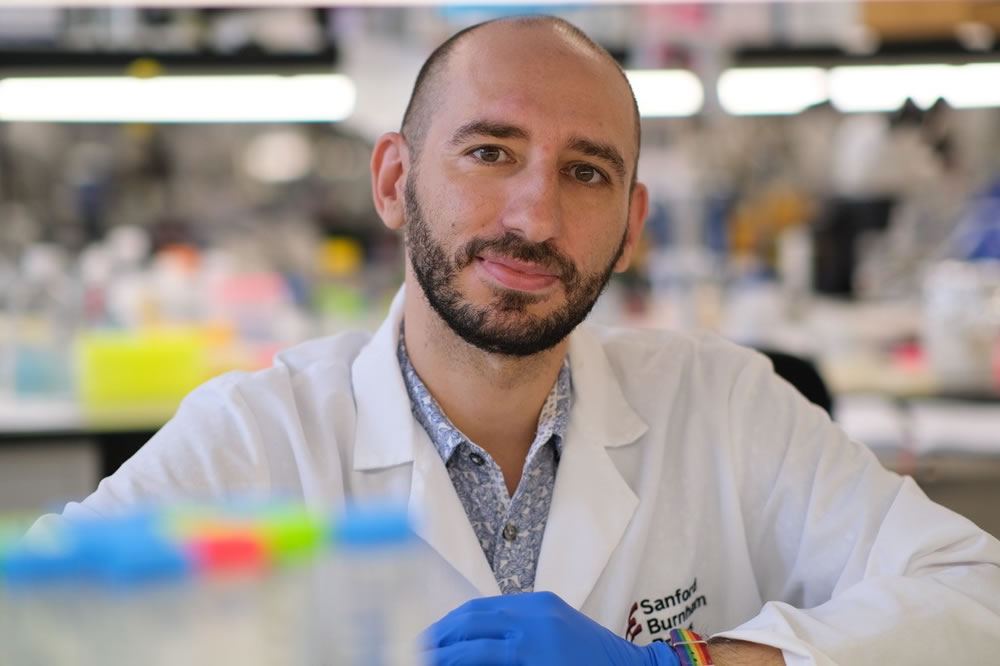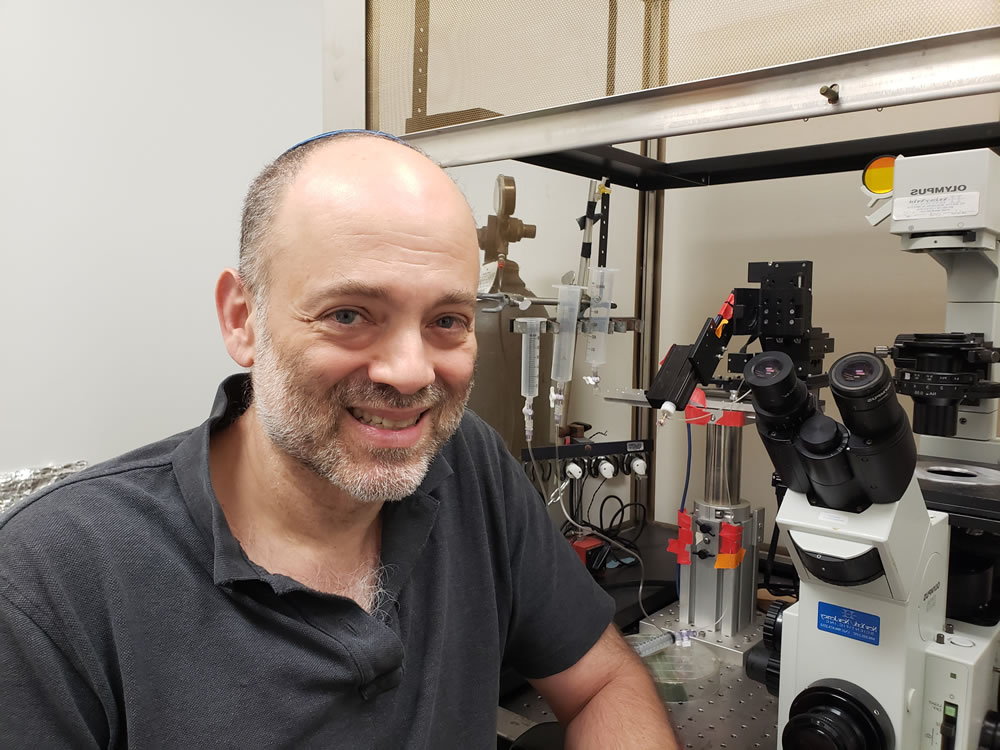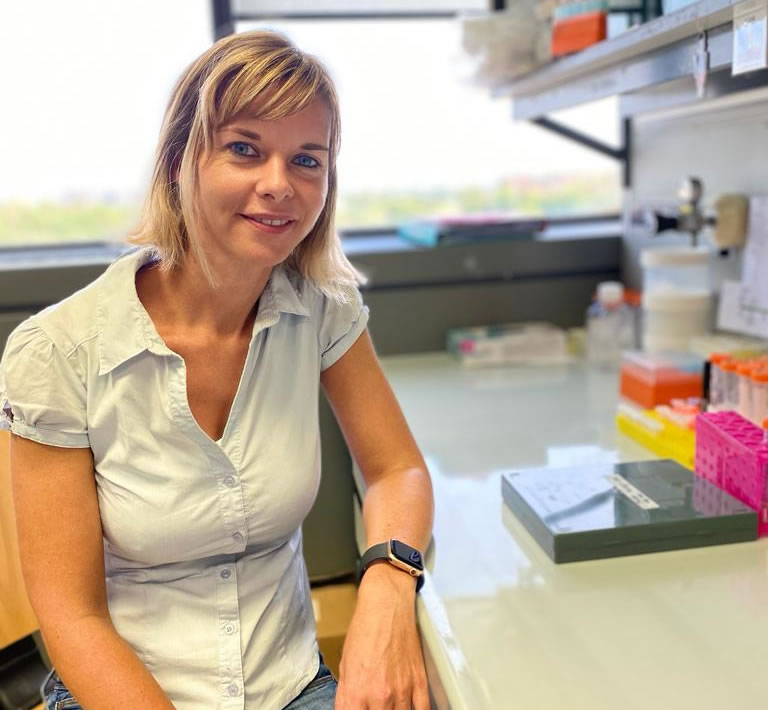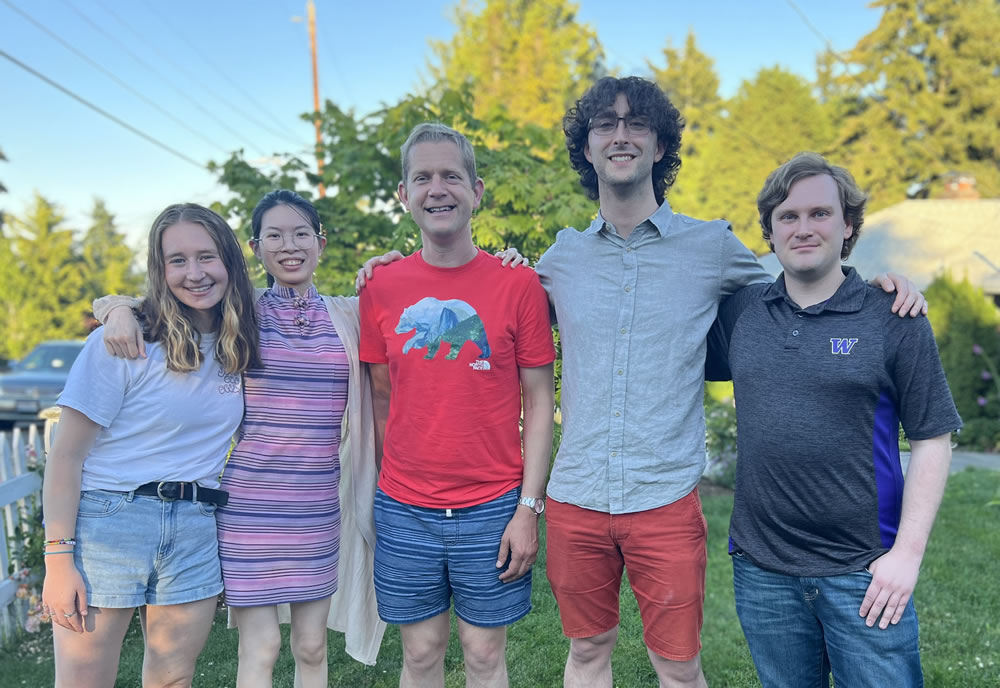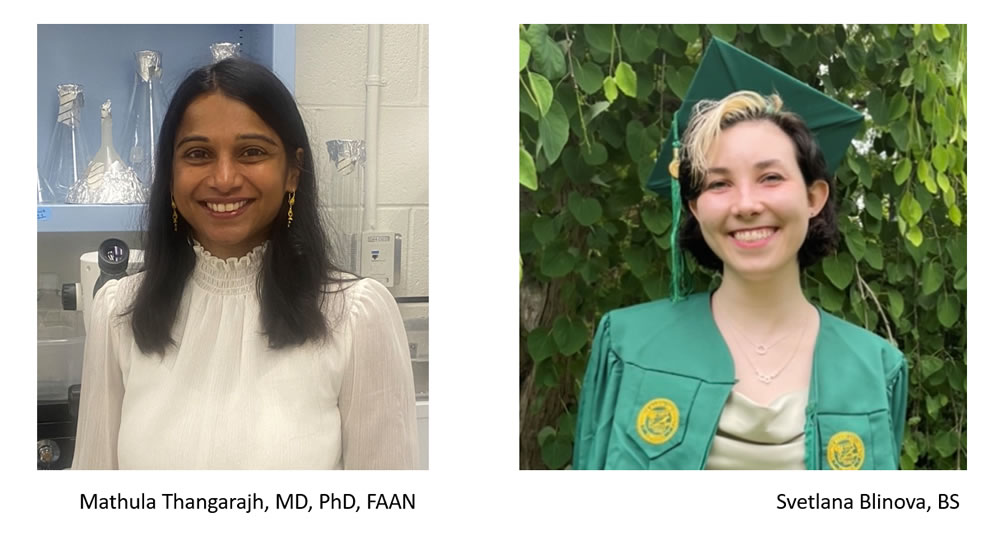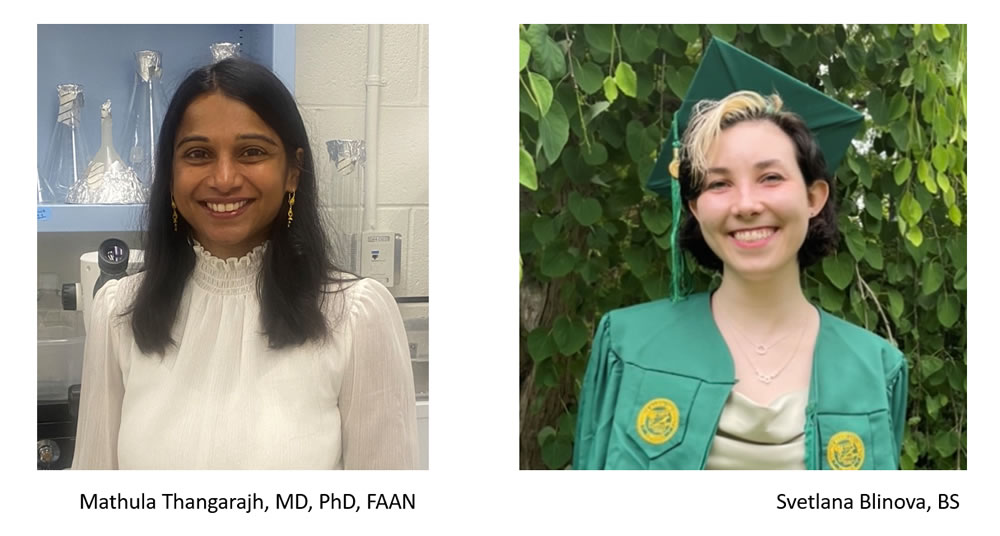
(Co-funded with CMT Research Foundation)
Charcot-Marie-Tooth (CMT) neuropathies are generally characterized by progressive muscular atrophy and weakness, with an age at onset usually comprised between the first and the second decade of life. Among CMT neuropathies, CMT4B1 is a very severe demyelinating neuropathy with childhood onset, characterized by myelin outfoldings, redundant loops of myelin in the nerve that degenerate causing axonal problems. This form of aberrant myelin is also a pathological feature of other forms of demyelinating CMT, such as CMT4B2, B3, CMT4C and CMT4H. Our laboratory demonstrated that loss of MTMR2 (Myotubularin-related 2) phosphatase is the cause of the disease. MTMR2 dephosphorylates phospholipids, important regulators of membrane trafficking, which is a key process in Schwann cells, the glial cells forming myelin in the peripheral nervous system. Our laboratory also generated in vitro and in vivo models of CMT4B1, which have been instrumental over the years to study the pathophysiology of this neuropathy. By investigating why loss of MTMR2 in Schwann cells provokes aberrant myelin, we identified a novel mechanism by which MTMR2 and its lipid substrate coordinate cytoskeleton dynamics and membrane growth within myelin-forming cells. In this project, we will further explore this mechanism of relevance in cell biology. We will also test whether pharmacological and/or genetic modulation of these pathways can represent an effective strategy for the therapy of CMT4B with aberrant myelin.
https://doi.org/10.55762/pc.gr.157015
Grantee: Alessandra Bolino, Ph.D.
Grant type: Research Grant
Award total: $263,450 (Co-funded with CMT Research Foundation)
Institution: San Raffaele Hospital (Ospedale San Raffaele)
Country: Italy



